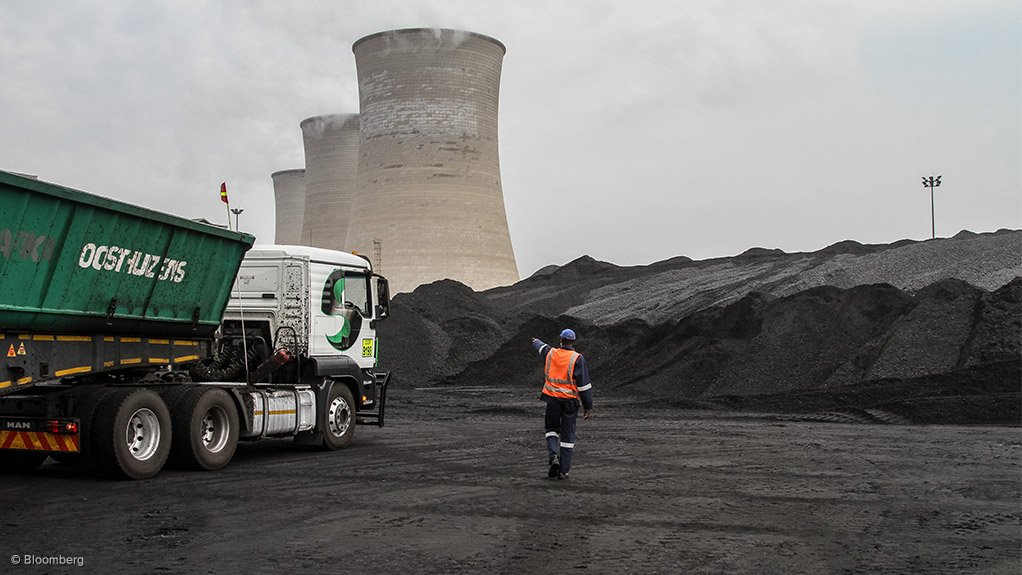South African Electricity and Energy Minister Dr Kgosientsho Ramokgopa on Tuesday reaffirmed the country’s commitment to coal-based energy. He was delivering the keynote address at the Enlit Africa 2025 conference, being held at the Cape Town International Convention Centre.
“South Africa is sitting on significant coal reserves,” he pointed out. “We’re not going to abandon coal.”
South Africa was seeking to add new forms of electricity generation to its already existing ones. The country had classified coal as a critical mineral. But he also assured that the country recognised its environmental obligations and that it would meet these.
“We’re talking about the principle of additionality, not subtraction,” he affirmed. “We don’t have a coal problem, we have an emissions problem.”
Even so, the geographic balance of power generation in South Africa was in the process of changing. While 78% of the load was in the north-east of the country, and only 22% was in the south-west, when it came to future generation capacity, 48% would be in the north-east and 52% would be in the south-west. This was due to the south-west becoming the centre for renewable-energy generation.
This had major consequences for the country’s national grid. Upgrading and re-orientating it to handle the great increase in renewable energy and the new direction of energy flows would cost “upwards of R400-billion”, he noted.
As a result, the government had started concessioning transmission lines to the private sector. The rules for the new transmission framework had been set. The government was also putting in place a financial structure to act as a reassuring backstop for the private sector but which would also not overstrain the fiscus.
Further, the country was modernising grid forming. “We’ll work with science innovators to make sure we’ll fulfil our potential.”
A major issue hanging over the sector was the R100-billion owed to national electricity utility Eskom by municipalities. The government, Ramokgopa assured, was working to resolve this.
EMAIL THIS ARTICLE SAVE THIS ARTICLE ARTICLE ENQUIRY FEEDBACK
To subscribe email subscriptions@creamermedia.co.za or click here
To advertise email advertising@creamermedia.co.za or click here











